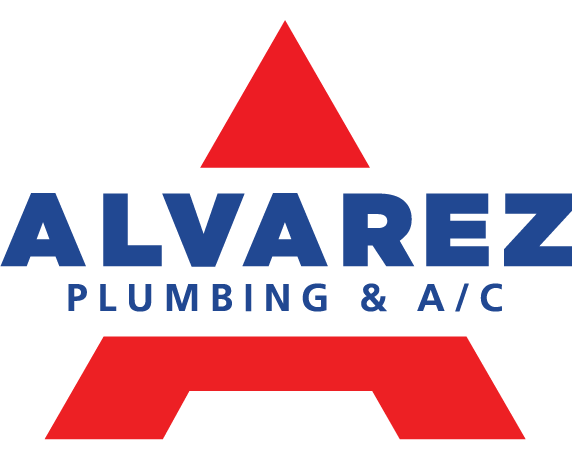Freon is the name for a class of chemicals called chlorofluorocarbons or CFCs, used mainly in refrigeration and air conditioning. Freon and other refrigerants are harmful and can cause poisoning and even death. HVAC service workers happen to be at risk due to occupational exposure, although exposure most often occurs during deliberately sniffing the gas. Breathing in these fumes in order to get high can be very risky. It can be extremely fatal even the very first time you do it. Regular inhalation of high concentrations of Freon can result in issues including: fluid buildup in the lungs, breathing problems, organ damage, and unexpected death.
Improper maintenance causing fires
A badly maintained air conditioner places added strain on your electrical system, which may cause secondary safety hazards. Some types of debris in your system or short circuits may cause fire hazards too, so bypassing maintenance is actually very dangerous. Contacting an AC repair service to carry out maintenance for you in the spring could actually help keep your family safe year-round.
Just like with any other piece of equipment, preventative maintenance is way cheaper than AC repairs. You can have a maintenance call every year for several years and still spend substantially less than you would if you had to get major repairs every few years or replace your unit in 5 years instead of 15.
If you’re postponing maintenance on your air conditioner to save cash, don’t. You will actually end up spending more in the long run.
Flowing fumes into the house
Carbon monoxide (CO) is a colorless, odorless, tasteless gas that is produced by the partial combustion of fuels such as wood, natural gas, gasoline, diesel, kerosene, coal and charcoal. It is triggered by lack of oxygen or an interruption in the burning process. It is a result of combustion, present anytime fuel is burned. It is produced by common HVAC home appliances. The side effects that result from this low-level exposure include permanent organ and brain damage. Infants and the elderly are more vulnerable than healthy adults, as are those with anemia or heart disease.
Once your detector has begun sounding the warning alarm, then carbon monoxide has started accumulating. It is very important to find and get rid of the source of CO before the condition aggravates. A qualified HVAC contractor or appliance service technician can check your home to identify the cause of carbon monoxide build-up.
Gas Leaks
Occasionally, a leak takes place in the air conditioning system; therefore, the unit has to be to be charged. A correct and specific charge is essential so that it can maintain doing its job of cooling the home. As the refrigerant leaks out, the system still cools. It actually cools too much. The indoor evaporator coil starts to freeze up because the temperature of the evaporator coil falls below the dew point. This humidity or moisture in your home or business passes through the air conditioning indoor coil for conditioning. The refrigerant in your air conditioner or heat pump is intended to be locked in a hermetic system and sealed tight.
A leak causes ice to form on the coil and other parts of the air conditioner. The air conditioning system gets a reduced amount of airflow because of the coil icing up. You may see ice on the copper refrigeration lines that run to the outside condenser. If you see this, it is crucial to shut the system off instantly and call your HVAC repair company. If the system is left on and not shut off, the indoor evaporator coil will turn into a block of ice and no airflow is likely to come out of the vents. Gas leaks are mainly caused by inadequate maintenance.
Why maintenance checks should be done on HVACs
An HVAC system gives great comfort in a commercial space and can be considered a worthy investment purchase. Nevertheless, many people overlook the importance of carrying out regular maintenance on the system. There are a lot of reasons why you need to maintain the upkeep of your HVAC unit. This includes: lower energy bills, fewer repairs, lower chance of a catastrophic breakdown, longer equipment life and safer equipment operation.



Recent Comments